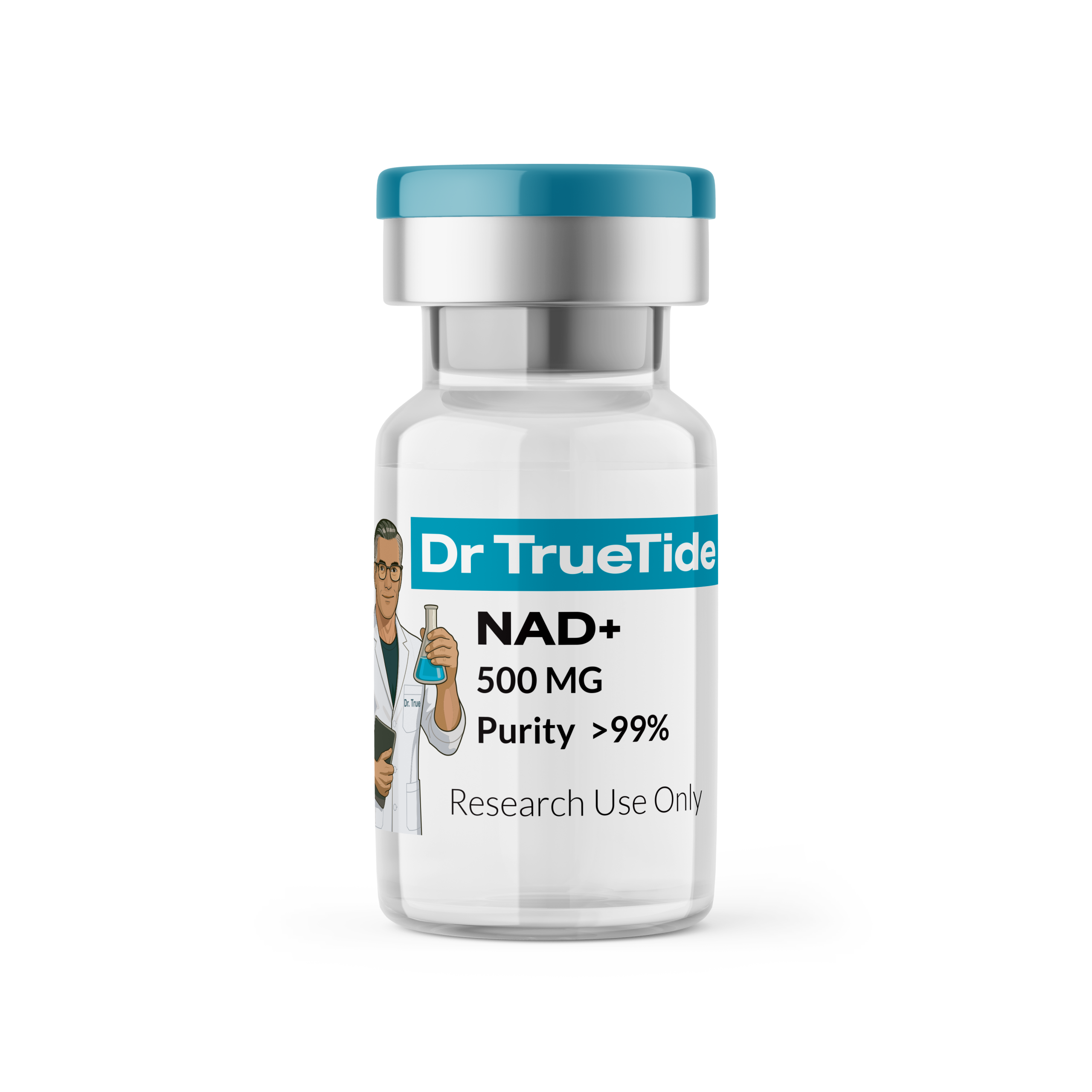

NAD+
$90.00 – $160.00
Note: Peptides will arrive in a lyophilized (powder) form for maximum stability.
NAD⁺ (nicotinamide adenine dinucleotide) is a naturally occurring molecule found in every cell of the body, playing a critical role in energy production, DNA repair, and cellular health. Often called the “cellular currency of vitality,” NAD⁺ fuels mitochondria—the body’s energy powerhouses—and activates key longevity enzymes known as sirtuins. Research has linked declining NAD⁺ levels with aging, fatigue, metabolic dysfunction, and neurodegeneration, while boosting NAD⁺ has shown promise in reversing cellular aging, improving energy metabolism, and supporting cognitive and cardiovascular health¹²³.
Need Help? Chat with an Expert
Money Back Guarantee
Free Shipping & Returns
Online Support 24/7
Secure Payment
Product Details
- Chemical Identity and Properties
- Primary Uses and Effects
- Notable Scientific Studies
- Emerging and Future Research Directions
- Sources
- Disclaimer
1. Chemical Identity and Properties
- CAS Number: 53-84-9
- Molecular Formula: C₂₁H₂₇N₇O₁₄P₂
- Molar Mass: 663.43 g/mol
- Synonyms: β-Nicotinamide adenine dinucleotide (oxidized form), Coenzyme I, Diphosphopyridine nucleotide (DPN), Cozymase
- Sequence: N/A (not a peptide; NAD⁺ is a dinucleotide composed of adenine and nicotinamide joined by phosphate groups)
- PubChem SID: 87567516
2. Primary Uses and Effects
Energy Metabolism
NAD⁺ is essential for converting food into usable energy by participating in redox reactions across multiple metabolic pathways. In glycolysis and the citric acid cycle, NAD⁺ is reduced to NADH, which donates electrons to the mitochondrial electron transport chain—leading to ATP production, the cell’s primary energy source¹. Without adequate NAD⁺, cells become energy-deficient, which may lead to chronic fatigue, weakened muscle performance, and slower recovery.
Mitochondrial Health
NAD⁺ sustains mitochondrial efficiency and is critical to mitochondrial biogenesis—the creation of new mitochondria. It activates SIRT1 and SIRT3, enzymes known to enhance mitochondrial respiration, boost antioxidant defenses, and increase the expression of genes responsible for fat oxidation and endurance capacity². In aging cells, NAD⁺ depletion is directly linked to mitochondrial decay and metabolic slowdown. Supplementation has been shown to restore mitochondrial function to youthful levels in animal models³.
DNA Repair and Cell Survival
NAD⁺ is a required substrate for PARP enzymes, which detect and repair DNA strand breaks caused by UV radiation, environmental toxins, and oxidative stress⁴. With aging and chronic stress, the demand for DNA repair increases, consuming large amounts of NAD⁺. When NAD⁺ is insufficient, repair slows, contributing to genomic instability—a hallmark of aging. At the same time, NAD⁺ fuels sirtuins, which regulate apoptosis (programmed cell death), inflammation, and stress resistance, promoting long-term cellular survival⁵.
Anti-Aging and Longevity
NAD⁺ regulates cellular aging by influencing epigenetic expression, mitochondrial renewal, and inflammation control. Sirtuins (especially SIRT1 and SIRT6) require NAD⁺ to function and have been shown to extend lifespan in lower organisms and improve healthspan in mammals⁶. Declines in NAD⁺ are associated with reduced sirtuin activity, mitochondrial deterioration, cognitive decline, insulin resistance, and inflammation. By maintaining optimal NAD⁺ levels, cells can better manage oxidative damage and maintain homeostasis over time.
Brain and Neurological Health
NAD⁺ plays a neuroprotective role by supporting neuron metabolism, regulating calcium signaling, and preventing mitochondrial dysfunction. It may reduce neuroinflammation and activate protective pathways in brain cells under oxidative stress⁷. In preclinical studies, NAD⁺ restoration has shown improvements in cognitive performance, memory, and synaptic plasticity, and may offer protective effects against Alzheimer’s and Parkinson’s diseases⁸.
3. Notable Scientific Studies
Mitochondrial Rejuvenation in Aged Mice (Cell Metabolism, 2016)
A seminal study by Gomes et al. investigated the impact of declining NAD⁺ levels on aging mitochondria. Aged mice were treated with an NAD⁺-boosting compound for one week. Results showed increased mitochondrial DNA content, enhanced ATP production, and normalized muscle mitochondrial structure. Remarkably, the mitochondrial function of aged mice became nearly indistinguishable from that of young mice. The effect was mediated through SIRT1 and PGC-1α activation—highlighting the role of NAD⁺ in reactivating youthful mitochondrial biogenesis.
Human Trial on Vascular Aging and Blood Pressure (Nature Communications, 2018)
In a placebo-controlled trial of older adults, subjects received 1,000 mg/day of a NAD⁺ precursor. After six weeks, participants showed a 10 mmHg average drop in systolic blood pressure and improvements in arterial stiffness, suggesting a reversal of age-related vascular decline. NAD⁺ levels in blood increased by over 60%. These findings underscore the role of NAD⁺ in cardiovascular health, particularly in improving endothelial function and vascular tone.
Muscle Insulin Sensitivity in Prediabetic Women (Am J Physiol Endocrinol Metab, 2024)
In this 10-week double-blind clinical study, postmenopausal women with prediabetes received a daily NAD⁺-enhancing compound. Compared to placebo, participants showed significantly improved insulin sensitivity in skeletal muscle, indicating enhanced glucose uptake and metabolic flexibility. These effects suggest NAD⁺ can help counteract age-related insulin resistance and may have preventative potential for type 2 diabetes.
Cognitive Enhancement in Neurodegeneration Models (BMC Neuroscience, 2025)
Rodent models of Alzheimer’s disease were treated with NAD⁺ precursors for four weeks. The treated mice demonstrated improved memory performance in maze tasks, reduced brain inflammation, and increased markers of neuronal survival. Additionally, synaptic density improved in the hippocampus—an area crucial for memory formation. These findings point to NAD⁺ as a promising neuroprotective compound.
Chronic Fatigue Syndrome Pilot Trial (Clin Investig, 2021)
In a small human study, participants with chronic fatigue syndrome (CFS) were given NADH, the reduced form of NAD⁺, over several weeks. Compared to placebo, the NAD⁺ group reported significant improvements in fatigue, mental clarity, and daily function. This supports further exploration of NAD⁺ in conditions related to energy deficiency or mitochondrial dysfunction.
4. Emerging and Future Research Directions
Neurodegenerative Disease Therapy
Researchers are actively exploring whether NAD⁺ augmentation can slow or reverse neurodegeneration. Trials are investigating its use in Alzheimer’s and Parkinson’s disease, where early results suggest that NAD⁺ may improve neuron survival, reduce inflammation, and support synaptic health⁸.
Cardiometabolic Health
NAD⁺ shows promise in addressing age-related conditions like hypertension, insulin resistance, and obesity. Future therapies may pair NAD⁺ with lifestyle interventions to extend metabolic healthspan, improve endurance, and delay age-associated diseases like heart failure and diabetes⁹.
Immune Support and Inflammation Control
NAD⁺ levels decline with immune system aging, impairing immune cell function and promoting chronic low-grade inflammation. Studies are evaluating NAD⁺ as a modulator of immune resilience—potentially improving responses to infections and lowering the risk of age-related inflammatory diseases¹⁰.
Tissue Regeneration and Stem Cell Function
Preliminary research suggests NAD⁺ may enhance tissue repair and regeneration by improving stem cell survival and proliferation. In models of muscle injury and wound healing, NAD⁺-treated animals demonstrated faster recovery and greater tissue integrity. These effects could make NAD⁺ useful in recovery from surgery, trauma, or age-related degenerative conditions.
5. Sources
- Gomes AP, et al. Declining NAD⁺ Induces a Pseudohypoxic State Disrupting Nuclear-Mitochondrial Communication during Aging. Cell Metabolism. 2013;18(4):397–410.
- Martens CR, et al. Chronic supplementation with a NAD⁺ precursor lowers blood pressure and improves arterial function in humans. Nature Communications. 2018;9(1):1286.
- Gindri IM, et al. NAD⁺ supplementation improves muscle insulin sensitivity in women with prediabetes. Am J Physiol Endocrinol Metab. 2024;326(4):E417–E427.
- Abdulrazzaq Qader M, et al. NAD⁺ augmentation improves cognitive function in models of neurodegeneration. BMC Neuroscience. 2025;26(1):17.
- Forsyth LM, et al. Oral NADH improves symptoms of chronic fatigue syndrome. Clin Investig. 2021;11(4):247–254.
- Bai P. PARP enzymes and the regulation of NAD⁺. Trends in Biochemical Sciences. 2015;40(12):596–602.
- Canto C, Auwerx J. Targeting sirtuin 1 to improve metabolism. Nature Reviews Drug Discovery. 2012;11(6):425–438.
- Lautrup S, et al. NAD⁺ in neurodegeneration: Molecular mechanisms and therapeutic potential. Trends in Neurosciences. 2019;42(7):533–547.
- Camacho-Pereira J, et al. NAD⁺ depletion drives mitochondrial dysfunction in heart failure. Cell Reports. 2016;17(7):1810–1823.
- Covarrubias AJ, et al. The NAD⁺ metabolism–inflammation connection: Implications for aging and diseases. Trends in Molecular Medicine. 2021;27(9):799–819.
6. Disclaimer
NAD⁺ is for research use only. It is not approved by the FDA or any regulatory agency for human or veterinary use, consumption, or therapeutic applications of any kind. By purchasing this product, you agree to our Terms and Conditions.
Only logged in customers who have purchased this product may leave a review.
No Minimum Purchase - Free Shipping On All Orders -

NAD+
$90.00 – $160.00


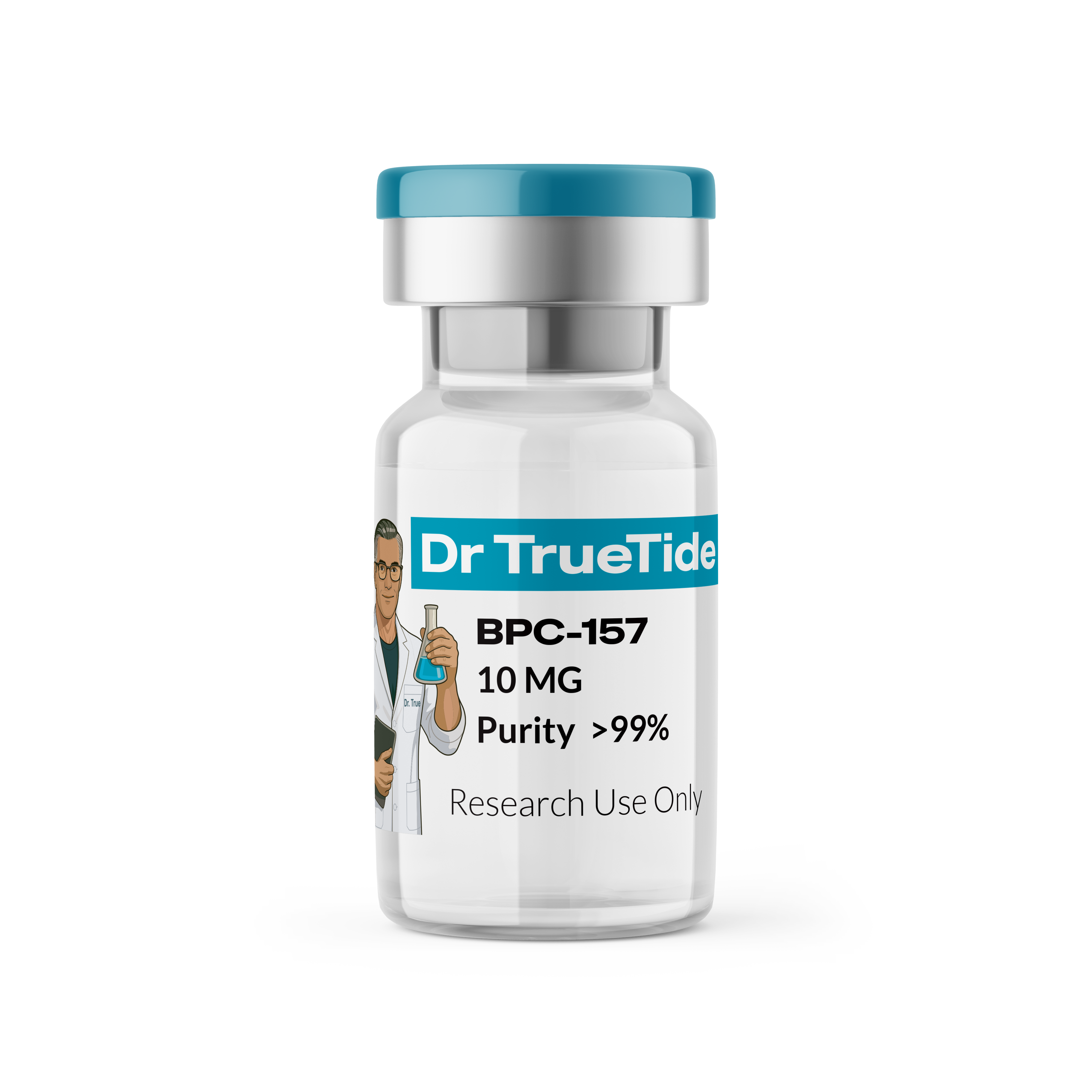
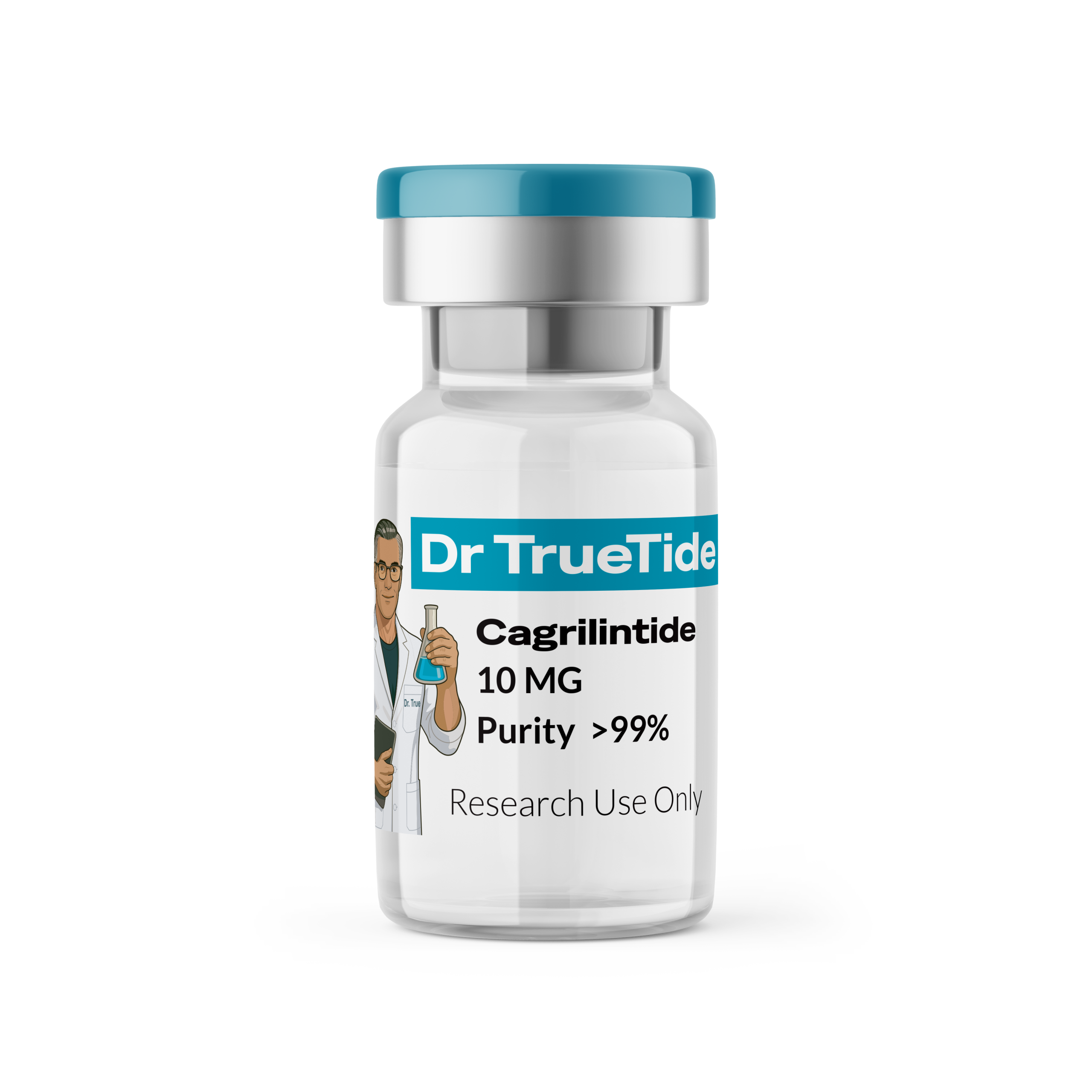
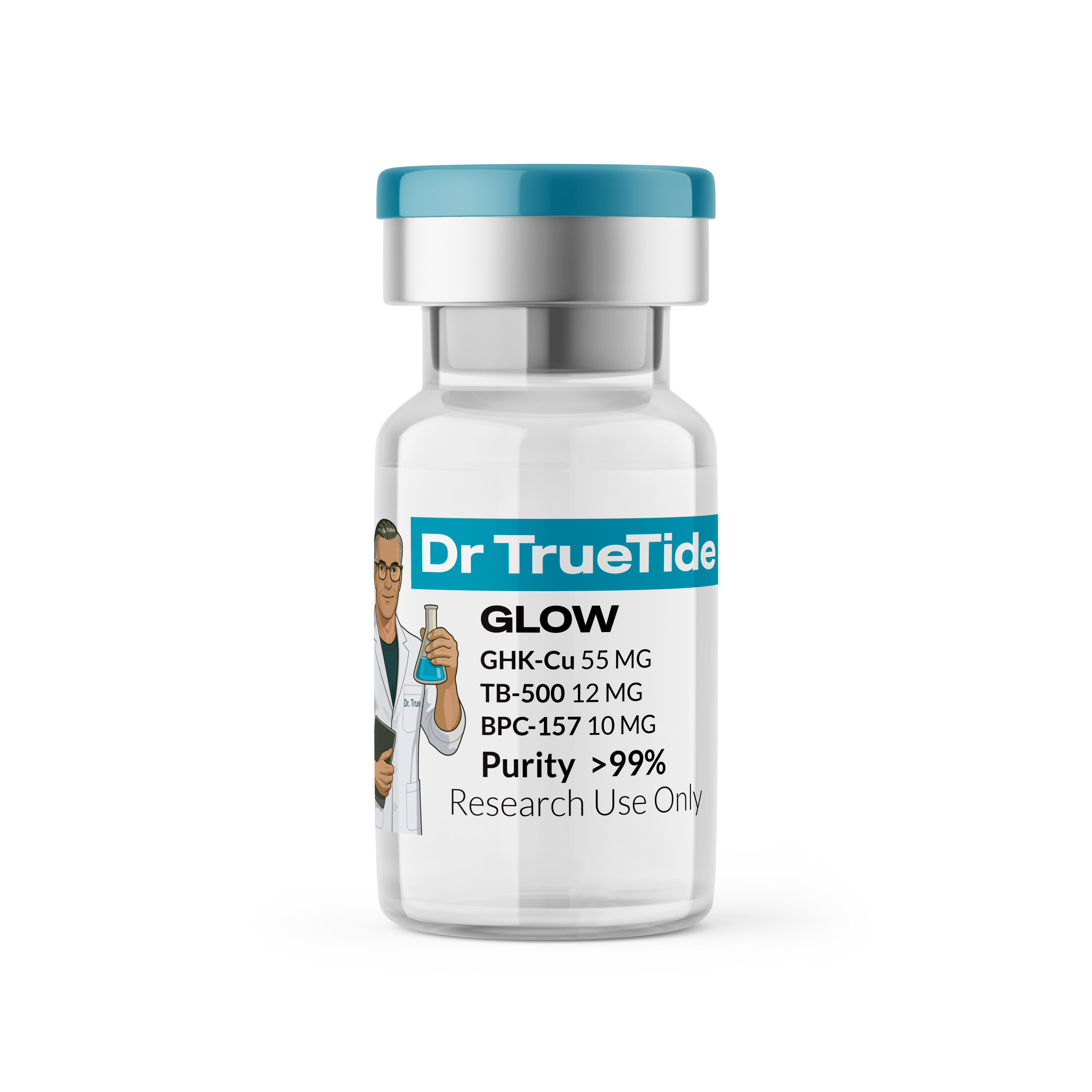
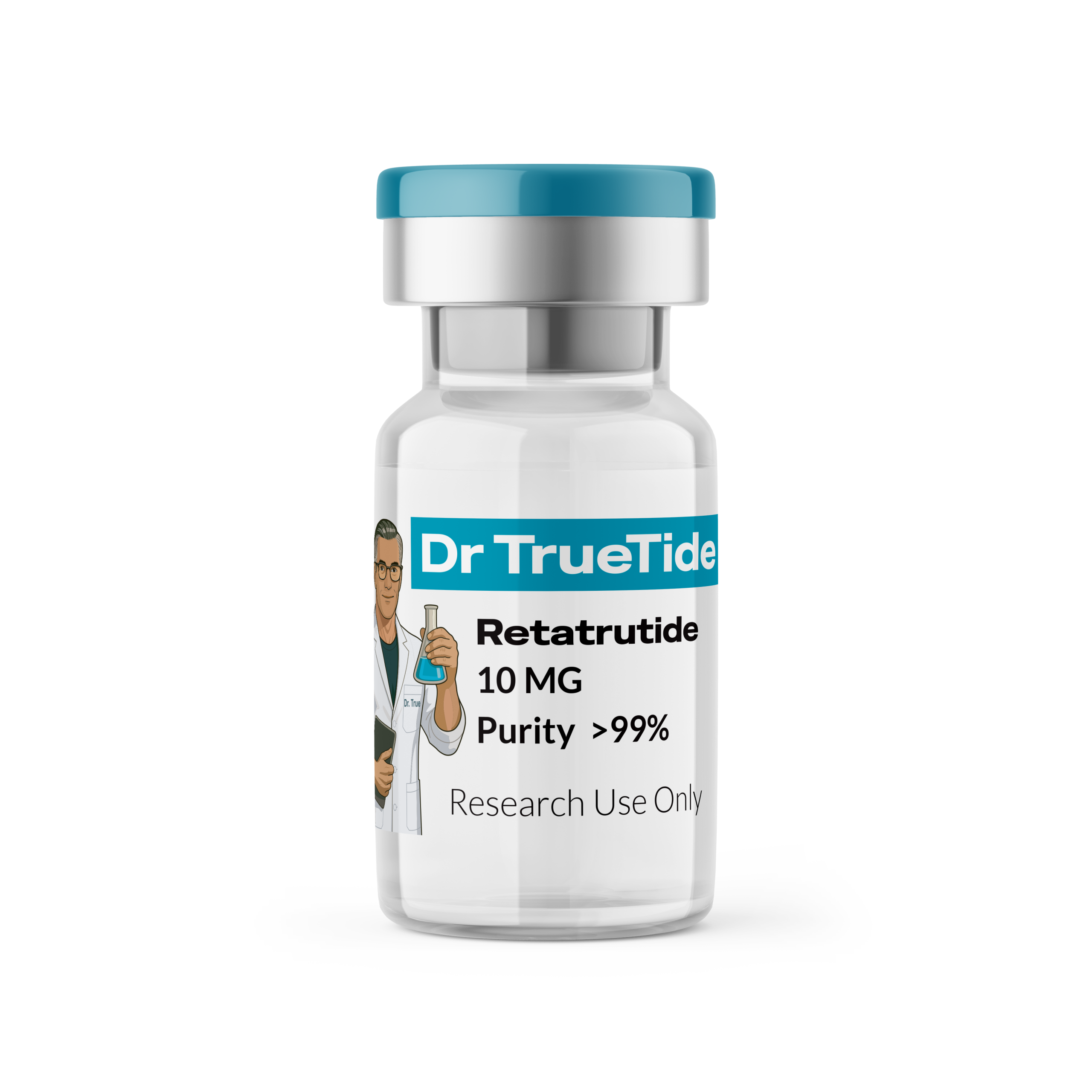


Reviews
There are no reviews yet.